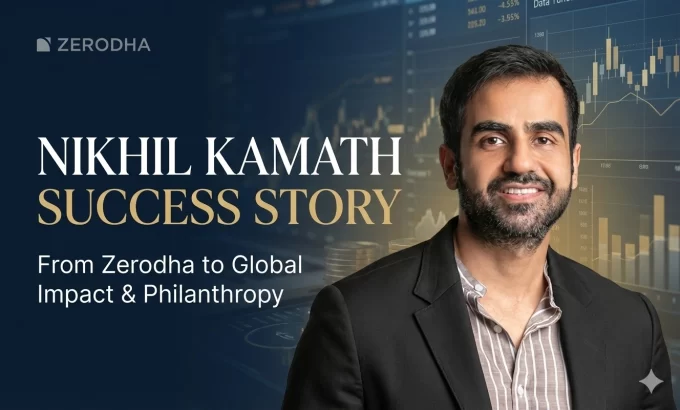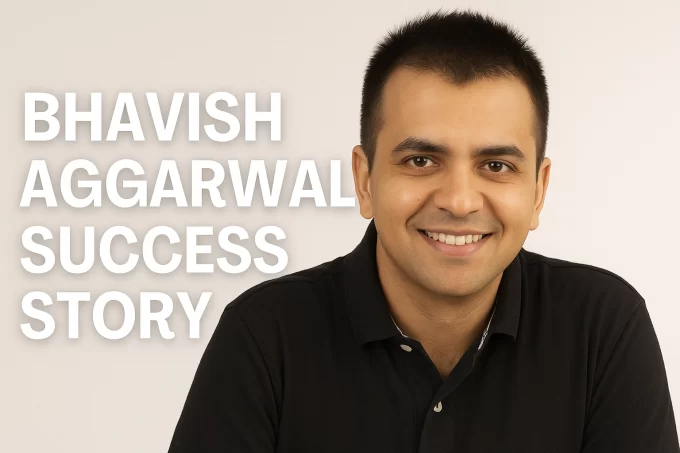Ratan Tata, the former chairman of Tata Group, is one of the most respected business leaders in the world. Known for his humility, innovation-driven mindset, and ethical leadership, he transformed Tata Group into a global powerhouse. His journey is filled with invaluable lessons that every CEO and aspiring entrepreneur can learn from.
In this blog, we will explore the top three CEO lessons from Ratan Tata that have shaped not just businesses but also the lives of millions. These lessons—visionary leadership, resilience in adversity, and commitment to ethical business—are the pillars of success in today’s corporate world.
1. Visionary Leadership: Thinking Beyond Boundaries

One of the most remarkable qualities of Ratan Tata is his visionary leadership. He always looked beyond immediate success and focused on building a future-ready organization. This lesson is crucial for any CEO aiming for long-term success.
Key Takeaways from Ratan Tata’s Visionary Leadership:
- Global Expansion: Ratan Tata transformed the Tata Group from an India-focused company into a global conglomerate. Under his leadership, Tata acquired iconic brands like Jaguar Land Rover and Tetley Tea. His vision helped the company expand across industries and borders, proving that thinking beyond limitations is essential for growth.
- Innovation as a Core Principle: He believed in investing in futuristic projects. The launch of the Tata Nano—an affordable car for the masses—was an ambitious effort to bring mobility to millions. Although the project faced challenges, it demonstrated his commitment to innovation and affordability.
- Long-Term Impact Over Short-Term Gains: Unlike leaders who focus solely on quarterly profits, Ratan Tata emphasized sustainable growth. His leadership encouraged Tata companies to invest in research, sustainability, and social development, reinforcing the importance of looking beyond immediate financial returns.
How CEOs Can Apply This Lesson:
- Develop a long-term strategy instead of focusing only on short-term profits.
- Expand your company’s vision by embracing global opportunities.
- Encourage innovation within your organization and take calculated risks.
2. Resilience in Adversity: Overcoming Challenges with Courage
The business world is unpredictable, and every leader faces setbacks. Ratan Tata’s journey was no different. He led the Tata Group through some of the toughest economic and industrial crises and emerged stronger each time.
Lessons in Resilience from Ratan Tata:
- Handling Economic Downturns: During the 2008 global financial crisis, Tata Motors faced significant challenges after acquiring Jaguar Land Rover. Many critics questioned the decision, but Ratan Tata stood firm. With strategic cost-cutting and product innovation, JLR turned into one of Tata’s most profitable acquisitions.
- Crisis Management with a Strong Moral Compass: When the 26/11 Mumbai attacks shook the nation, the Taj Hotel, owned by Tata Group, was heavily affected. Instead of focusing solely on business losses, Tata took care of employees and victims, reinforcing the importance of resilience with empathy.
- Bouncing Back from Failures: The Tata Nano, despite being a groundbreaking innovation, did not succeed as expected. However, Ratan Tata accepted the shortcomings and used the experience to improve future projects. His ability to acknowledge failures and move forward is a lesson in resilience for every CEO.

How CEOs Can Apply This Lesson:
- Stay committed to your vision even when facing criticism or failures.
- Approach challenges with a problem-solving mindset rather than fear.
- Build a resilient corporate culture where setbacks are treated as learning experiences.
3. Ethical Business Practices: Leading with Integrity
In an era where corporate ethics are often compromised for profit, Ratan Tata stands out as a beacon of integrity. He believed in doing business the right way, ensuring fairness, transparency, and social responsibility.
Core Ethical Principles of Ratan Tata:
- Putting People First: Unlike many corporations that prioritize profits over people, Ratan Tata always ensured that employees, stakeholders, and society benefited from business decisions. Tata Group’s policies on employee welfare, healthcare, and education are a testament to this philosophy.
- Rejecting Corruption and Unethical Deals: He famously rejected unethical shortcuts and bribes, even when it meant losing business opportunities. His stand against corruption set an example for business leaders worldwide.
- Social Responsibility as a Business Imperative: Tata Group has been deeply involved in social development, from setting up hospitals to funding education. Ratan Tata believed that businesses should contribute to society and not just extract profits.
How CEOs Can Apply This Lesson:
- Establish a company culture that values ethics over quick gains.
- Prioritize stakeholder well-being, including employees, customers, and society.
- Maintain transparency in business operations and reject unethical shortcuts.
Conclusion: The Ratan Tata Blueprint for Success
Ratan Tata’s leadership journey offers timeless lessons for today’s CEOs. His visionary approach, resilience in adversity, and unwavering commitment to ethics are principles that every business leader should embrace. Whether you’re leading a startup or a multinational corporation, these lessons can guide you toward building a successful, impactful, and responsible organization.
As you navigate your leadership journey, remember these words from Ratan Tata himself: “I don’t believe in taking right decisions. I take decisions and then make them right.” Embrace challenges, innovate fearlessly, and lead with integrity—the true hallmarks of a great CEO.










Leave a comment